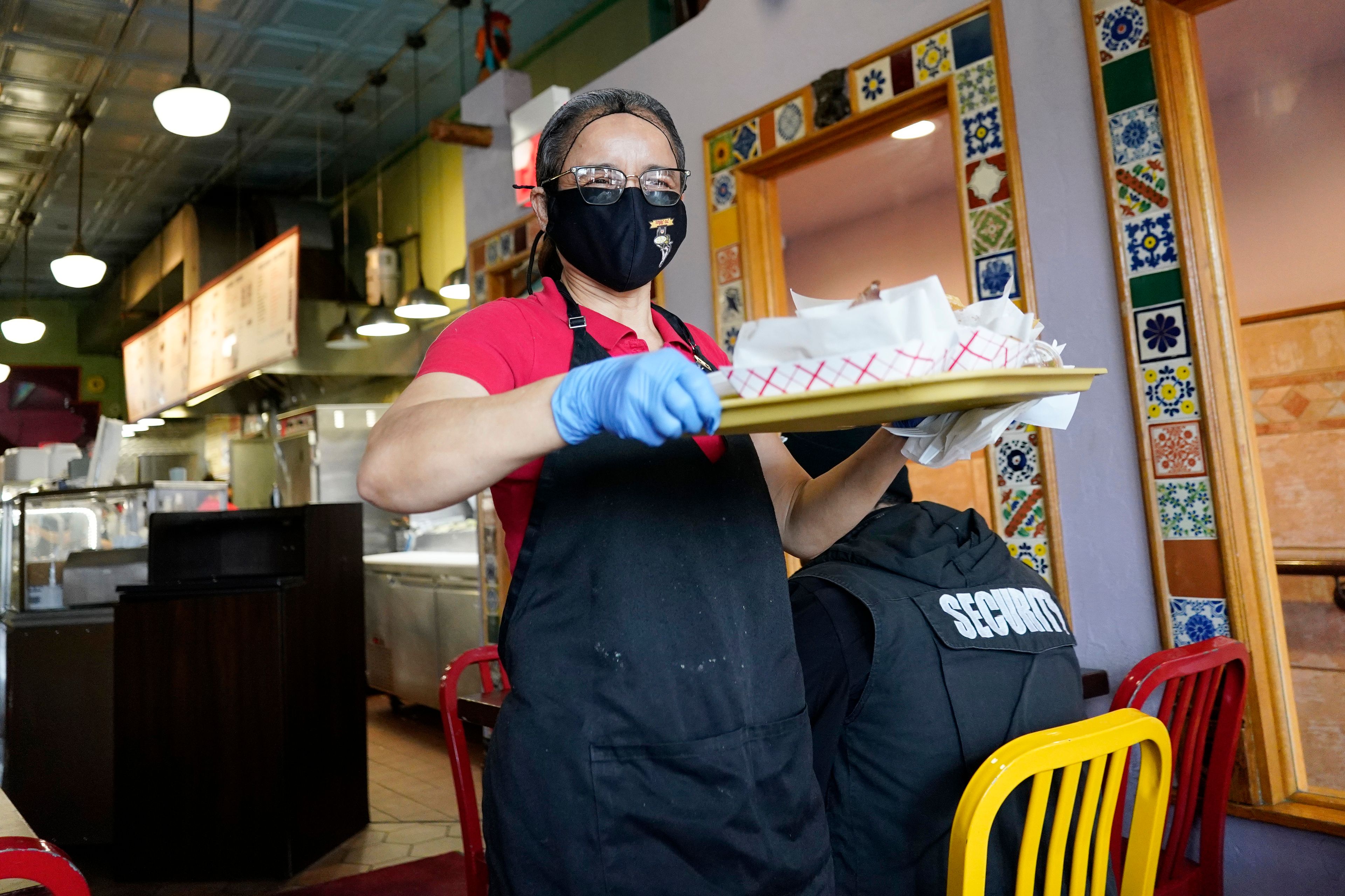This column originally was published in the Tribune March 24, 2008.
---
Shirley from Clarkston called the other day and suggested that I write a column about dogs that become attached to toys the way children become attached to dolls and other toys.
Her dog Sooki, a munchkin, has a stuffed bear and stuffed tiger. She grooms them, carries them around the house, and has to have them with her when she goes to bed at night.
This is not unusual in dogs, and sometimes cats. It can be related to those notorious female hormones. Sooki is a female, and not spayed. She is about 16 months old, and this behavior started when Sooki was about 9 months old. She has never had puppies nor been bred.
Dogs usually come into heat for the first time at about 6 months of age, and then every six months after that. There is a lot of variation around these averages, and variation in the intensity of the signs of heat.
A female dog that comes in heat and is not bred goes into a period of "false pregnancy" that can last about as long as a real pregnancy. Hormones can cause physiological changes, including enlarging mammary glands and sometimes even milk production.
At about the time when puppies would be born, there may be behavior like nervousness and nest building. She may also become very "maternal" and start mothering stuffed toys, licking and grooming them, and guiding and encouraging them to nurse. She may also be protective of her "litter" against other dogs, pets, and humans.
It's possible that Sooki's possessive behavior towards her toys was initiated by the hormonal influence of her first heat cycle. Shirley hadn't noticed this correlation, but the first heat cycle can be mild and the symptoms very subtle. On the other hand, male dogs and females that have been spayed sometimes also show the same kind of behavior.
The thing to be careful of with this kind of behavior is that it doesn't get out of hand. You should always be able to take a doll, or a toy, or even food, away from your dog anytime you want to. Dogs can become dangerously protective about these things, and sometimes even inflict serious bite wounds on owners, other family members, and employees at veterinary clinics.
This sometimes goes against the grain of someone who loves their pet. We really want our pets to love us and it is difficult to do something seemingly arbitrary, selfish and mean, such as taking something away from them. But dogs, at least when they are young, don't resent that or hold it against you. You are, or should be, the leader of the pack.
They may sometimes instinctively try to assert themselves, and keep things away from you, and if they get away with it, it will only get worse. Fair play and democracy are not instinctive in dogs. A dog in a pack is either a follower or a leader. A dog can do fine as a follower, but, given the chance, many dogs will spot and take advantage of opportunity to climb the social ladder, even in a mixed pack with humans.
Sooki's mothering behavior is endearing, not abnormal, and doesn't sound like a problem now, but that doesn't mean it won't become a problem as time goes on.
I think it would be good for Shirley to begin regularly "helping" Sooki with her mothering by taking the tiger and bear away for short times and later present them back if they were a special treat. It is a lot easier to prevent behavior problems than it is to fix them.
---
Roen is a retired Clarkston veterinarian whose columns were published weekly in the Lewiston Tribune for more than 30 years. He may be contacted at jazzvet@cableone.net.










